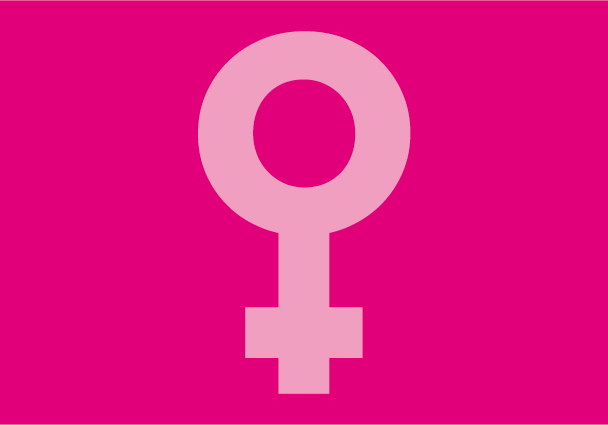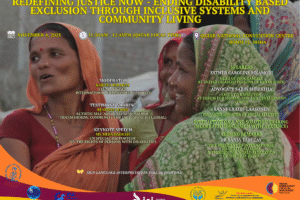
Oct 14, 2011
In this submission, the ICJ highlights the failure of the Moroccan authorities to comply with the Committee’s previous recommendations.
During its 47th session on 31 October to 25 November 2011, the UN Committee against Torture will undertake an examination of the fourth periodic report of the Kingdom of Morocco. In preparation for this examination, and in response to Morocco’s combined report, the Committee issued a list of issues to be considered during the forthcoming examination. The ICJ has submitted a parallel report to the Committee against Torture, which includes replies to aspects of some questions in the Committee’s list of issues, and sets out concrete recommendations for Morocco’s implementation of obligations under the Convention against Torture and other Cruel, Inhuman or Degrading Treatment or Punishment. The ICJ’s submission focusses in this respect on three thematic areas: (i) torture under the Moroccan legal framework; (ii) torture and ill-treatment in the context of the United States-proclaimed “war on terror” and United States-led “secret renditions” program; and (iii) torture and ill-treatment in the context of combating “terrorism” in Morocco.

Oct 14, 2011
In this submission, the ICJ highlights several issues which it considers should be of particular concern to the Committee in its consideration of the periodic reports of Greece.
During its 47th session on 31 October to 25 November 2011, the UN Committee against Torture will undertake an examination of the combined fifth and sixth periodic reports of Greece. The ICJ has submitted a parallel report to the Committee against Torture, which focusses on the failure of the Greek asylum system, in practice, to comply with the obligations of non-refoulement (as this applies to article 3 of the Convention against Torture and other Cruel, Inhuman or Degrading Treatment or Punishment); and at the prevalence of conditions of detention for migrants, as well as living conditions for migrants, that amount to cruel, inhuman or degrading treatment in violation of obligations to prevent such treatment under articles 2, 11 and 16 of the Convention.

Sep 22, 2011
The ICJ published today its observations on the 1 June 2011 recast of the European Union “Directive laying down standards for the reception of asylum seekers”.

Sep 16, 2011
In Ladele & McFarlane v. United Kingdom, the applicants argue that the failure of their employers to grant them a religious exemption from serving same-sex couples is a violation of their rights under Article 9 of the European Convention. Ladele, whose case was profiled in Sexual Orientation, Gender Identity and Justice: A Comparative Law Casebook, was a town registrar who claimed a religious objection to performing civil unions for same-sex couples. McFarlane was a relationships counsellor who objected to providing psycho-sexual therapy for same-sex couples on religious grounds. In its Submission, the ICJ argues that comparative law and practice demonstrate no support for exemptions from non-discrimination and equality laws for religiously motivated individuals. In fact, the laws and judicial decisions of States both within and outside the Council of Europe demonstrate the overriding importance attached to the objective of eradicating sexual orientation discrimination.

Aug 15, 2011
In a seminal decision in Alyne da Silva Pimentel v. Brazil, CEDAW held that Brazil had violated the Convention on the Elimination of all forms of Discrimination against Women.
Brazil failed to provide requisite care to a woman who died as a result of obstetric complications. The case is the first maternal death case to be decided by an international human rights body.
The case, which was brought by the Center for Reproductive Rights and Citizens’ Advocacy for Human Rights (ADVOCACI), concerned the death of an afro Brazilian woman from pregnancy related complications following inadequate and poor quality medical treatment.
At the request of the applicants the ICJ submitted an Expert Legal Opinion to the Committee.
The ICJ brief concerned the equal rights of women to the enjoyment of the right to the highest attainable standard of health and to an effective remedy.
Brazil-Legal Opinion ICJ Case of Alyne da Silva Pimentel-legal submission-2011
For a copy of CEDAW views click here








